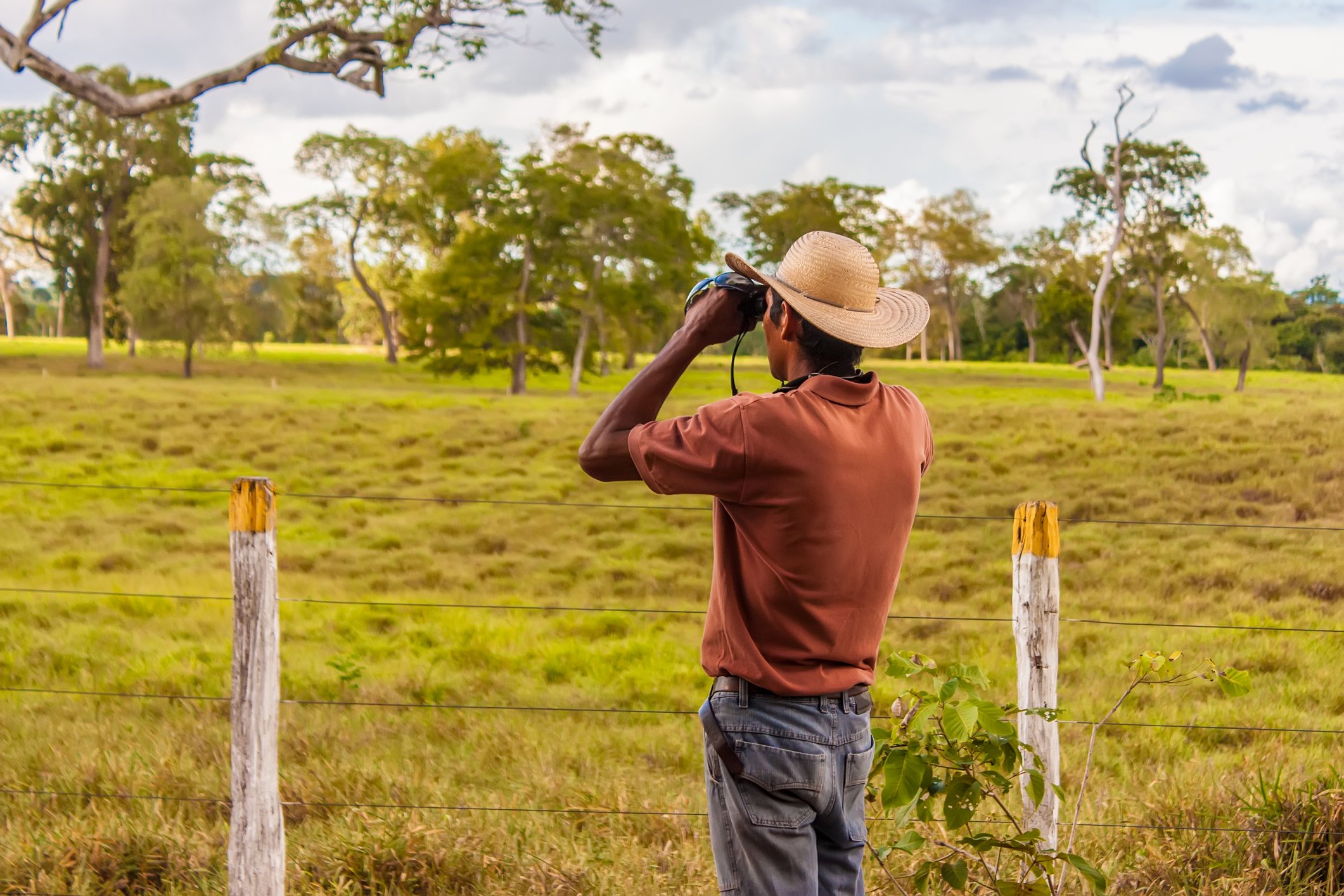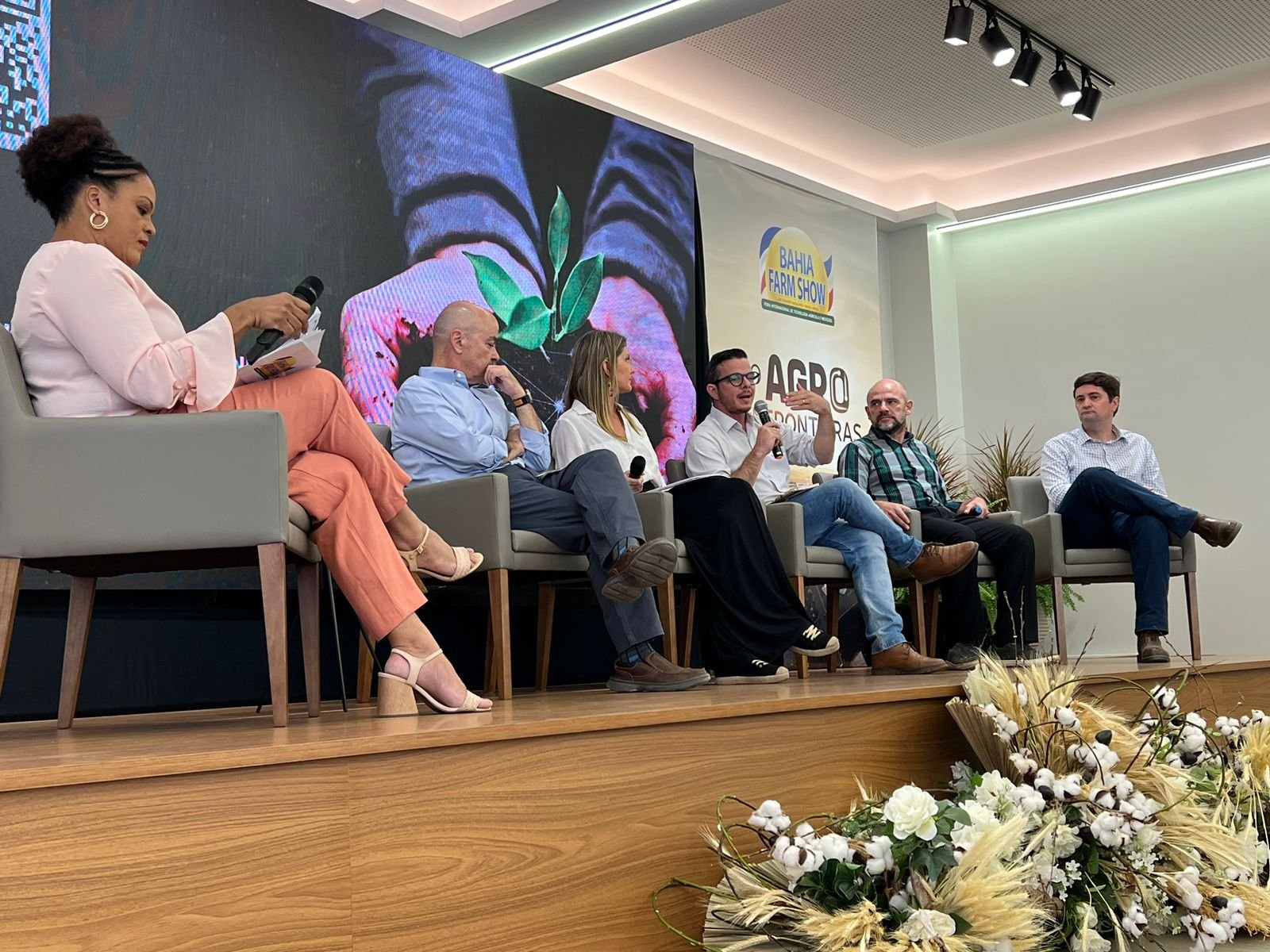Behavioral sciences applied to a sustainable soy supply chain
Behavioral data-based incentives and effective policy interventions for a sustainable, deforestation-free soy supply chain in the Cerrado, Brazil
The International Institute for Sustainability (IIS) project aims to apply behavioral science in innovative ways to reduce deforestation in the soy supply chain by (i) exploring the role of behavioral economics in designing incentives and policy measures for the voluntary conservation and restoration of native vegetation and the adoption of sustainable practices; (ii) testing how behavioral interventions can increase willingness to accept such incentives; and (iii) supporting the implementation of private, public and multilateral policies for responsible agriculture.
The initiative will focus on the Cerrado biome, a region that is home to more than 4,800 species of plants and vertebrates found nowhere else on the planet. Despite its enormous importance, projections indicate that 31-34% of the remaining Cerrado may be deforested by 2050. Offering alternative business models can reconcile agricultural expansion, conservation of the remaining Cerrado, and restoration of critical habitats for endangered species. Choosing a greener scenario requires not only the alignment of public and private policies to finance low-carbon agriculture, prohibit further conversion of natural vegetation, and support the conservation of key biodiversity areas on private land (for example through payments for ecosystem services), but also a strategy to change farmers' behavior towards compliance or acceptance of such public policies.
In this project, farmers are considered key players in decision making and in the choice of sustainable agricultural practices. To design efficient policies that encourage changes in land use, we must understand farmers and how they may react to different incentive strategies. Their decisions depend as much on external factors – such as institutional arrangements, regulations, and financial incentives, for example – as on individual motives. Behavioral intervention can help change individual or collective habits, encouraging innovative decisions that favor both people and the environment.
Access the Report and Executive Summary produced by the International Institute for Sustainability after conducting 60 interviews with rural producers in the states of Maranhão, Tocantins, Piauí and Bahia, between August and December 2022. Content in portuguese, only.










